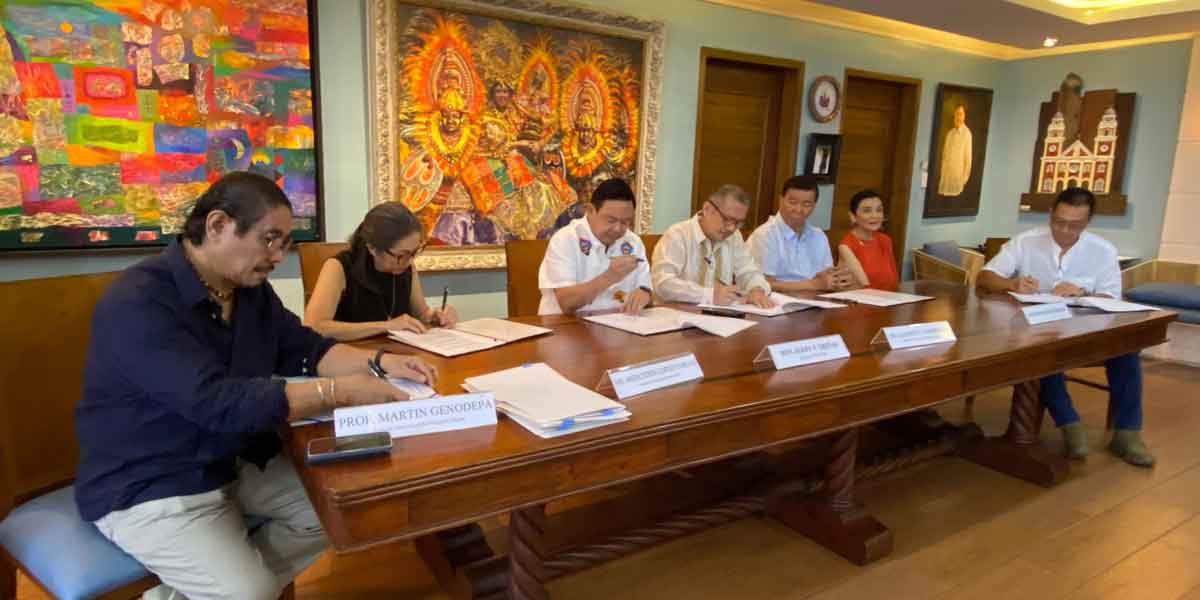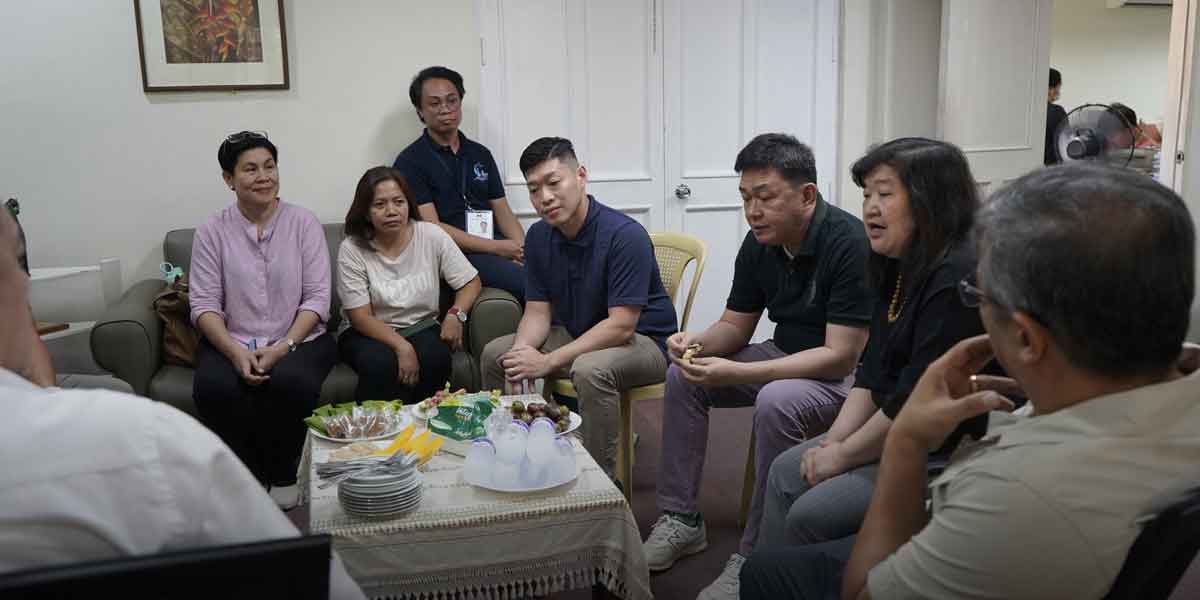
Globe welcomes significant progress in the Senate on bills to strengthen the country’s 26-year-old Intellectual Property Code (IPC) and combat online content piracy through site-blocking measures.
A Senate committee hearing concluded on April 29, paving the way for a Technical Working Group to convene and start working on the proposal’s details.
This development marks a major step forward in Globe’s long-standing #PlayItRight advocacy to help promote and protect the country’s P1.6 trillion creative industry from the damaging effects of piracy.
“We laud the Senate for recognizing the urgency of updating the Intellectual Property Code to address the rampant cases of online piracy,” said Yoly Crisanto, Chief Sustainability and Corporate Communications Officer at Globe. “Site blocking is an essential tool in the fight against piracy, safeguarding not only the livelihood of content creators but also protecting consumers from risks associated with accessing pirated content online.”
Senators Jinggoy Estrada and Ramon “Bong” Revilla Jr., both seasoned actors well-acquainted with the challenges posed by film piracy, earlier filed legislative proposals to tackle online piracy.
Estrada’s Senate Bill 2150, filed on May 9, 2023, seeks to restrict access to websites promoting copyright violations, proposing fines of up to PHP1 million for such infractions.
On the other hand, Revilla’s Senate Bill No. 2385, filed on August 1, 2023, focuses on expanding the authority and responsibilities of the Intellectual Property Office of the Philippines (IPOPHL), particularly in initiating site-blocking measures.
Both efforts are a parallel measure to House Bill No. 7600 by Rep. Joey Salceda of Albay’s 2nd District, which passed on third reading in the House of Representatives a year ago.
Institutionalizing site-blocking is urgent as content piracy remains prevalent, endangering the livelihood of workers in the creative industry and putting users at risk of fraud and other forms of cybercrime.
At last week’s hearing, the committee was presented with top-line summaries from surveys conducted by YouGov on behalf of the Asia Video Industry Association’s (AVIA) Coalition Against Piracy (CAP) showing the pervasiveness of piracy in the Philippines and its negative impact.
A separate study had earlier shown that piracy undermines the creative industry and its potential contribution to the country’s economy. In 2022, it accounted for 7.3% of the Philippines’ GDP.
AVIA/CAP’s 2024 survey showed that the number of Filipinos who consume pirated content increased to 70% as of February this year, a hike from 58% in 2023.
The survey also revealed that Filipino consumers overwhelmingly believe online content piracy has negative consequences for the Philippines’ economy (92% of respondents). A large majority also expressed a willingness to pay for legitimate content if not available on pirated platforms: 75% said they would “pay in some form” for legitimate streaming sites, while 37% would watch ad-supported or free-to-air media. Only 16% said they would not pay to watch online content.
Globe recognizes the critical need to modernize the Intellectual Property Code, especially in the face of growing online threats. Amending the Code will institutionalize the landmark Memorandum of Understanding (MOU) IPOPHL recently signed with Globe and other leading Internet Service Providers (ISPs) to establish a site-blocking mechanism against pirate sites.
The MOU, the first of its kind in Asia, outlines the general principles and procedures for site blocking and underscores the collaboration between IPOPHL and ISPs to combat the unauthorized distribution and sale of pirated content over the internet.
As a member of the Video Coalition of the Philippines and a staunch advocate for robust intellectual property rights, Globe has been at the forefront of the fight against online piracy. It looks forward to continued collaboration with all stakeholders to foster a thriving creative ecosystem in the Philippines.




















